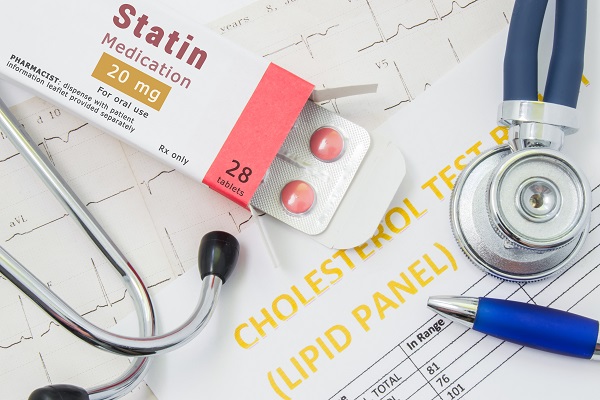Biometric scores: What lab tests tell us about health

When you go to the doctor and get a blood test during your annual physical, do you know what’s actually being tested? Or are you just nodding politely so you can get out of there as quickly as possible?
If you’re a smile-and-nod type, here is a quick cheat-sheet for common lab tests and what the results mean.
Blood glucose level
This test is measuring how much glucose (sugar) is in your blood at the moment it was drawn. If your blood sugar levels are constantly higher than they should be, it can damage blood vessels and nerves that control your heart. If your blood sugar is under control, it reduces strain on your heart.
HBA1C (glycated hemoglobin)
This is another measurement of sugar in your bloodstream. The difference is that it gives an average percentage for the last three months. Many people ask “but how can one blood test tell you what has been happening in my body for three months?” The answer has to do with what’s being measured. This test tells you how much sugar is attached to the hemoglobin (the part of your red blood cells that carries oxygen from lungs to the rest of your body). These hemoglobin remain intact for approximately three months. So if you get a reading for how much sugar has stuck to those red blood cells, you can get a glimpse of what has been happening in the last three months.
LDL (low-density lipoprotein) cholesterol
Cholesterol is a waxy substance your body uses for building cells and making vitamins and hormones. It only becomes a problem when we have too much of it. You might think of it like cars on a freeway. If there are only a few cars driving on it, people get where they need to go. Put too many cars on the same stretch of highway and you get a traffic jam. It’s a similar dynamic in your arteries. Some cholesterol is good. Too much can cause a blockage. A blockage can lead to a heart attack. Low-density lipids are often considered “bad” because they can get caught in the arteries.
HDL cholesterol
This form of cholesterol is often celebrated as being “good” cholesterol. HDL is responsible for absorbing extra cholesterol and carrying it back to the liver to be flushed out of the body.
Triglycerides
These are a type of fat found in the blood. When you eat, your body converts any calories it doesn’t need into triglycerides. These are stored in your fat cells. It is used almost like a savings account. You took in more energy than you needed to spend. Your body stored the extra away so that it can be used as energy between meals.
Biometric scores from lab tests can provide crucial insights into your health. By monitoring these results over time, you can work with your health care provider to take proactive steps to living a healthier life.